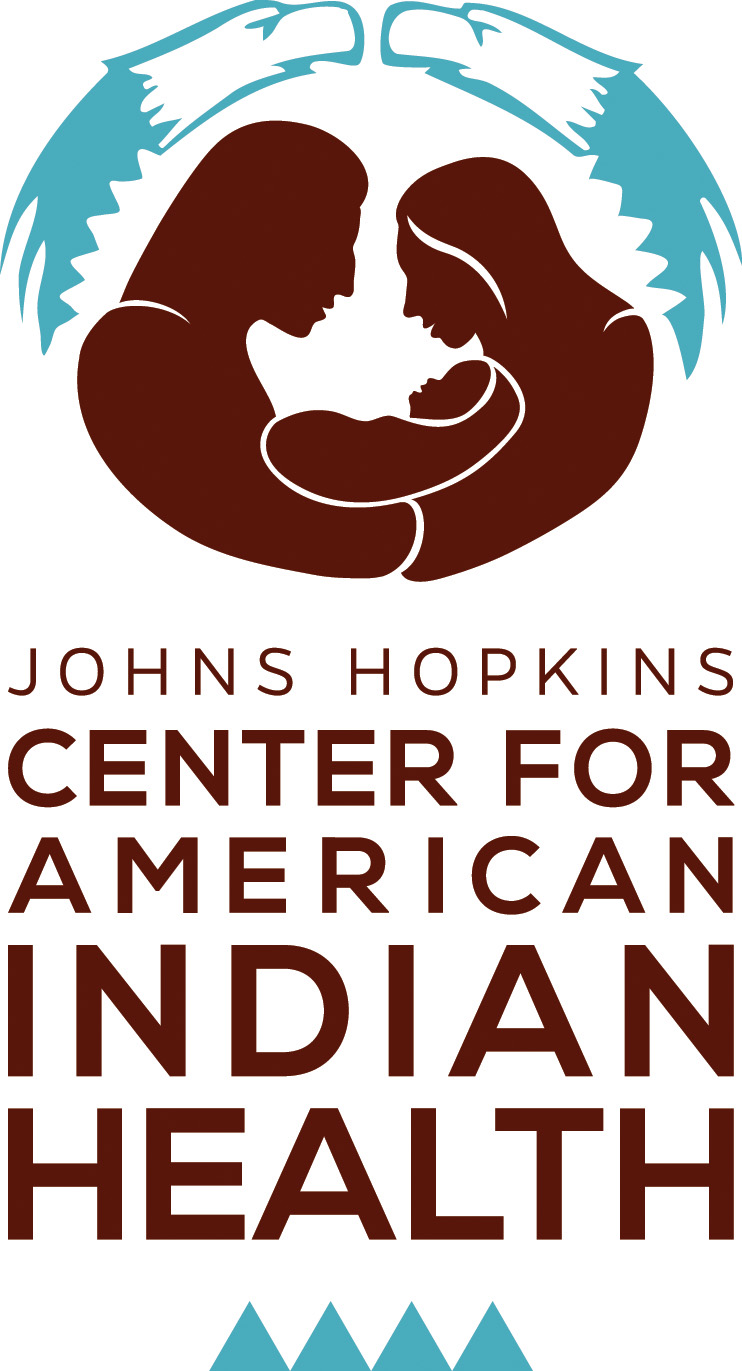About Respecting the Circle of Life
Respecting the Circle of Life: Mind, Body, and Spirit (RCL) is an evidence-based STI, HIV and pregnancy prevention program for American Indian/Alaska Native youth and their parents or other trusted adults.
 Developed by Johns Hopkins Center for American Indian Health in collaboration with Native American community members, the primary goal of the program is to give youth the knowledge and skills they need to protect themselves from unplanned pregnancy and STIs. The program also covers decision making, values, goal setting, communication, and knowledge about risk behaviors associated with HIV, other STIs, teen pregnancy, violence, and alcohol and drug use. Respecting the Circle of Life is one of the first sexual and reproductive health programs to be developed and rigorously evaluated with Native American youth and families.
Developed by Johns Hopkins Center for American Indian Health in collaboration with Native American community members, the primary goal of the program is to give youth the knowledge and skills they need to protect themselves from unplanned pregnancy and STIs. The program also covers decision making, values, goal setting, communication, and knowledge about risk behaviors associated with HIV, other STIs, teen pregnancy, violence, and alcohol and drug use. Respecting the Circle of Life is one of the first sexual and reproductive health programs to be developed and rigorously evaluated with Native American youth and families.
Watch a short video about the program
Respecting the Circle of Life has been tailored to American Indian/Alaska Native (AI/AN) community context, needs, and values in several ways:
- It is community-based. RCL was designed for use in a camp context (embedded into a sports camp), rather than schools or clinics. This helps to reach higher-risk youth—who are not in school and/or disconnected from school and health care systems. It allows the program to be closer to where youth make decisions about high-risk activities—in their neighborhoods and with their own social networks.
- It was co-designed by a Native community. Youth program directors, community leaders, and other stakeholders co-created RCL. A Community Advisory Board, consisting of leaders and parents from the community, was formed and helped develop the curriculum and overall program design. They provided insights into community needs and perceptions, and the best ways to reach youth and parents. RCL is also designed to incorporate community members in as many roles as possible—facilitators, speakers, and research assistants.
- It uses “natural friendship groups.” Enrolled young people are asked to invite friends and family they spend time with (often same-gender) to join the program, forming natural friendship groups. As a result, RCL messaging is reinforced outside the camp, thereby changing the attitudes and norms of youth’s social networks.
- It engages parents/trusted adults. Few youth risk reduction programs include parents, even though parents heavily influence youths’ health decisions. Research also shows that programs that strengthen adult-adolescent relationships are more effective at shaping youth behavior than those that do not. RCL empowers parents/trusted adults to stay connected to their youths as they face difficult decisions.
- It honors AI/AN health beliefs and traditions. RCL fosters health of mind, body, and spirit, concepts derived from AI/AN health systems and beliefs. Activities also build an understanding of how individual, family, and community health are interconnected.
- It addresses AI/AN community needs. RCL addresses HIV/AIDS, STIs, and teen pregnancy, which disproportionately affect many AI/AN communities. RCL is also designed to be accessible, affordable, non-time-intensive, and culturally tailored to help overcome barriers common to AI/AN communities—such as limited transportation and resources, difficulty sustaining long-term participation, and cultural inappropriateness.
- It has a comprehensive focus. RCL teaches skills that youth need so they can move through adolescence in good health, including decision making, problem solving, goal setting, communication, substance use refusal, and proper condom use.
- Many AI/AN communities are located in states with the highest teen birth rates. Teen birth rates are highest across southern states where many large AI/AN communities live.


